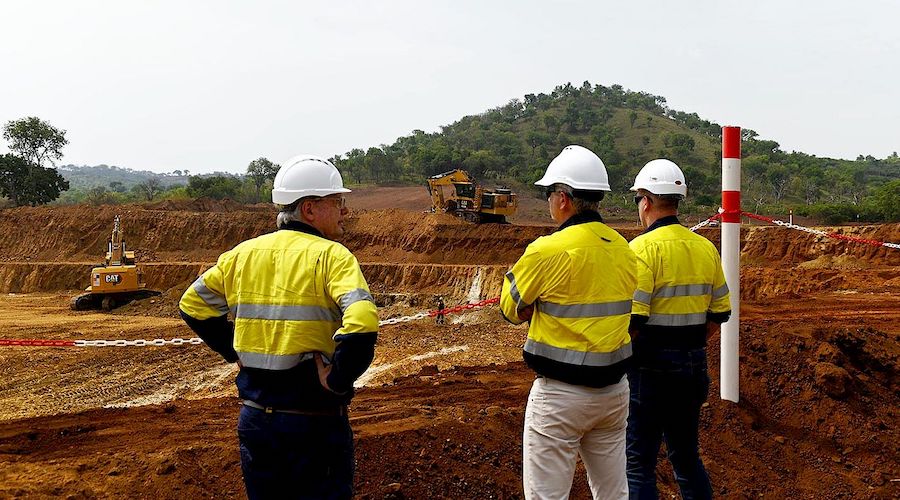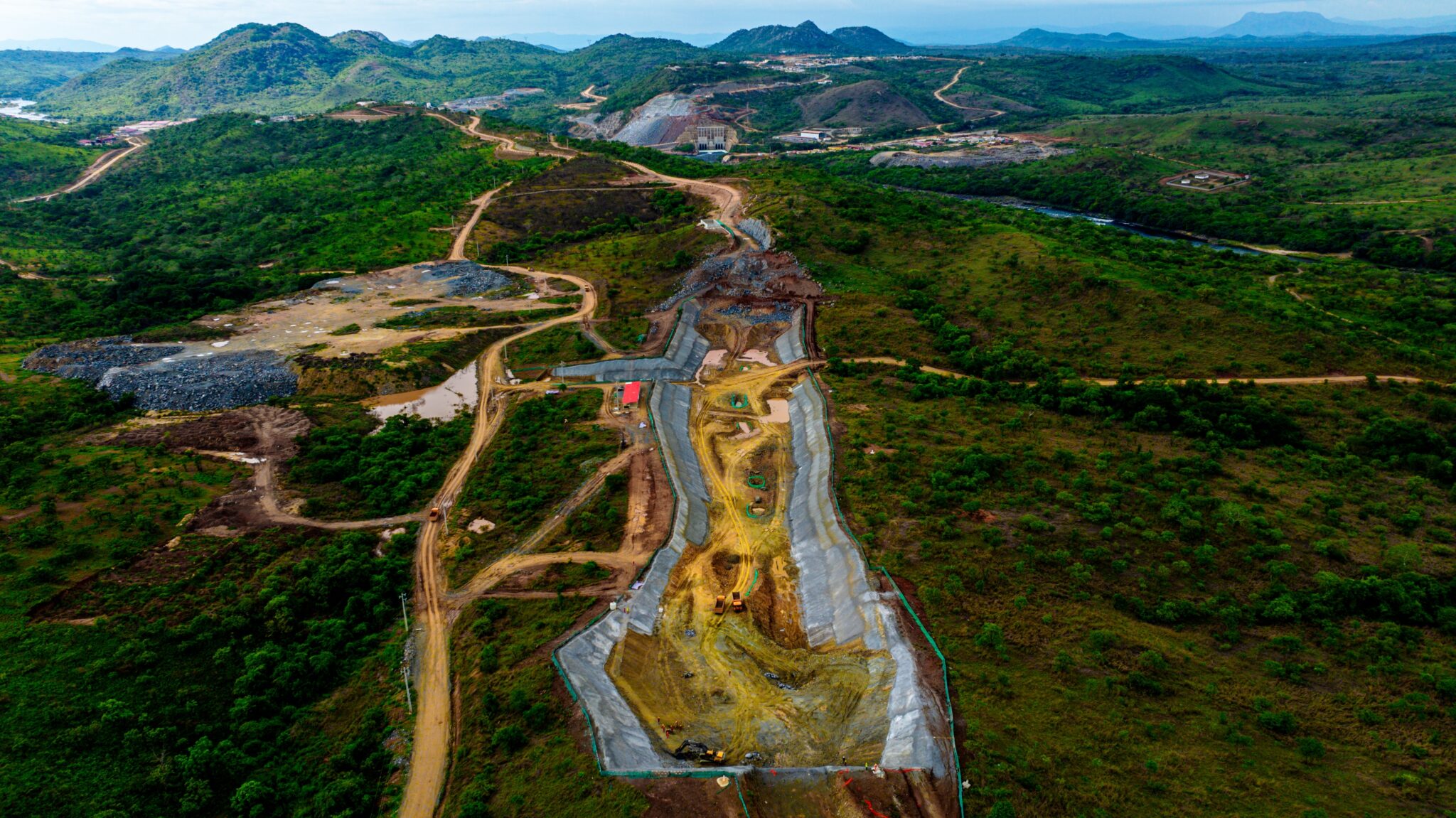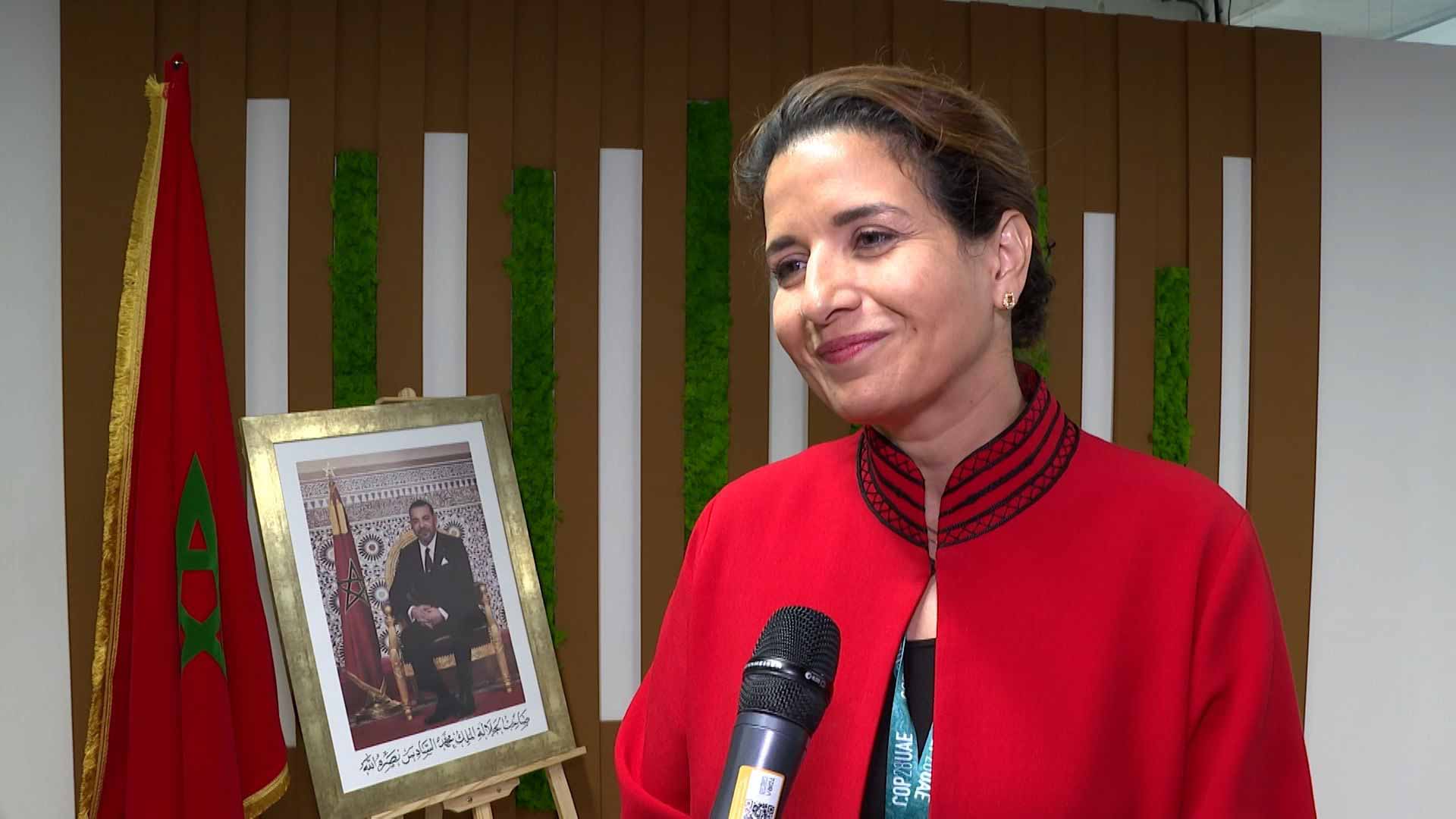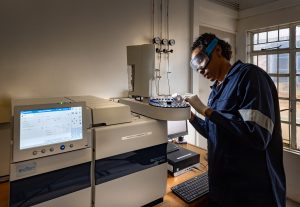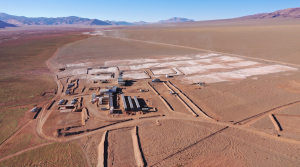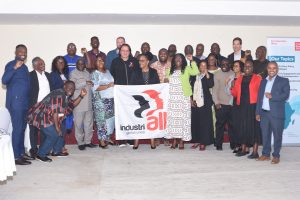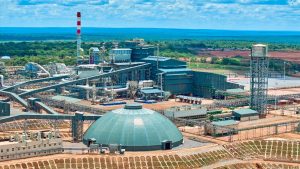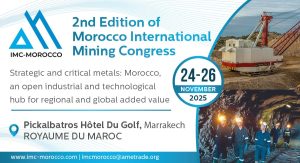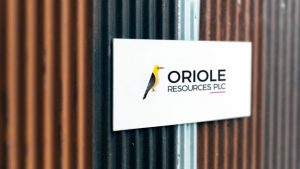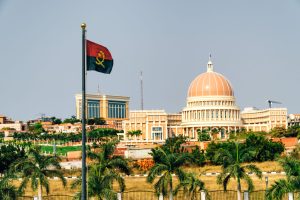Hichilema urges regional co-operation at Investing in African Mining Indaba 2022
- Zambian President Hakainde Hichilema met his counterparts, Cyril Ramaphosa and Mokgweetsi Masisi, to talk about investment ties.
- He announced Canada’s First Quantum seeks to invest about R21.6 billion in copper and gold mining.
- Hichilema has moved away from predecessor Edgar Lungu’s policy of resource nationalism.
Zambian President Hakainde Hichilema met his counterparts from South Africa and Botswana, Cyril Ramaphosa and Mokgweetsi Masisi, respectively, on the sidelines of the Investing in African Mining Indaba 2022 to discuss trade and investments.
He told regional leaders they would do better to co-operate than to work in isolation.
In a communique, Hichilema’s office said “the engagements were an opportunity to discuss various matters, including the strengthening of trade and investment ties for the benefit of the entire region”.
In 2020, South Africa exported goods worth R 28 billion to Zambia. The main products were nitrogenous fertilizers, refined petroleum and delivery trucks, while Zambia exported minerals – mainly gold, copper, and cobalt – to South Africa.
During the same period, Zambia exported maize, copper, and electricity to Botswana while importing mainly salt.
Hichilema also held meetings with various potential investors because “this kind of collaboration and idea can only benefit Zambia’s economic development”.
Hichilema came into power just under a year ago and has bagged two deals he said were the biggest foreign direct investment Zambia had seen in a decade.
On Monday, he gave a keynote address, dubbed “a New Dawn for Zambia’s mining sector”, where he revealed Canada’s First Quantum Minerals had committed to spend about R21.6 billion to increase production and expand the Kansanshi Mine by 20 years and also R1.6 billion to boost the new Enterprise Nickel Mine.
In a statement, the presidency said the two deals would “help create and safeguard thousands of jobs, generate additional revenues and stimulate wider economic activity”.
Hichilema’s approach to the mining sector is different from predecessor Edgar Lungu’s.
Lungu was for resource nationalism a policy that meant the government asserted control over mineral resources.
Instead, Hichilema is seeking a “win-win” relationship with multinational corporations.
“The president made it clear his commitment to delivering on domestic economic empowerment and job creation without resource nationalism, noting that mining has the potential to make a much bigger contribution to the country’s economy,” his office said.
Last month, Zambia and the DRC signed a memorandum of understanding that both countries would create a joint value chain for lithium batteries.
Share this content:


